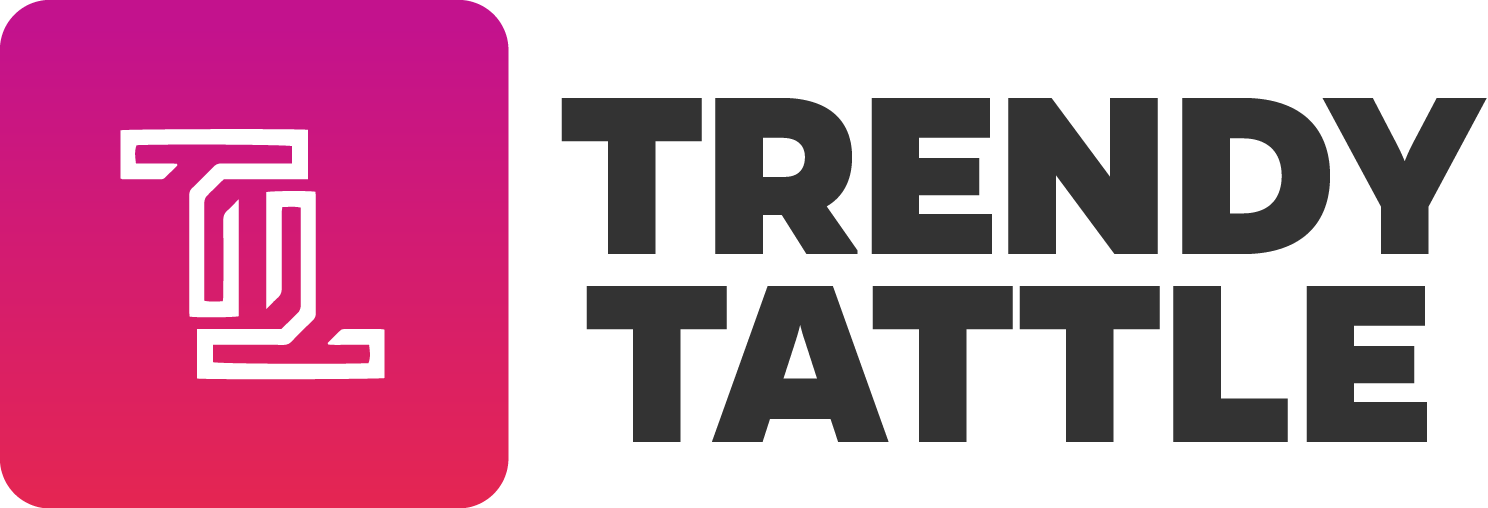The blockchain is hot, and it’s only getting hotter after Bitcoin Cash got listed on Coinbase. To learn more about how blockchain influences B2B businesses and its pitfalls, I interviewed Marten Jung, CEO from Unibyte which is a unified framework for blockchain.

Elements used for integration processes like Smart Contracts, Adapters to connect to existing systems and queries to monitor the ongoing process are generated automatically for the chosen blockchain implementation.
1. As you are experts in the blockchain, could you explain for beginners what blockchain is and how can one make the business out of it?
Blockchain technology, also known as distributed ledger technology (DLT) is foremost a public electronic ledger. In contrast to a traditional database, it is decentralized, shared among many nodes and is built by blocks of transactions that are linked to one another.
Therefore, a consensus model is needed in each blockchain, to ensure that the next block in the chain is the only version of the truth. Using a consensus mechanism allows the blockchain to avoid a central authority that keeps track of all accounts. This leads to unique characteristics a blockchain offers: the data is immutable, cryptographically signed, transparent and protected against fraud.
The first usage of blockchain technology were currencies, like bitcoin. Followed by Smart Contracts, which are programs that “live” in the blockchain, Ethereum being the most prominent example.
Now we are seeing the upcoming of DApps, decentralized applications that have their back-end code running in a blockchain smart contracts. The frontend of the DApps can be built like in traditional applications and could also be hosted in a decentralized storage, as in Ethereum’s Swarm.
2. Could you tell how blockchain influences B2B business?
By removing the mediator, decreasing the settlement time of transactions and assuring ownership, blockchain technology enables a whole set of new applications, starting from digital currencies, reaching to Smart Contracts and beyond.
The most disruptive use cases for the blockchain are yet to come, with Smart Contracts enabling theses transformations. This allows companies to create ecosystems that support their business processes, making them more efficient and benefit from the features blockchain offers like trust, security, immutability.
3. Use cases for blockchain-technology in business processes?
Fintech, Shipping, Healthcare, Unsafe Markets, Supply Chain Management to name a few. Blockchain technology can be used in various fields; it might be the solution for the commercial world record keeping as well.
In shipping, for example, it can be used to manage and track containers in a blockchain-based supply chain. Maersk, the world’s largest container shipping company, does so. This allows all parties participating in the supply chain to view at the blockchain ledger and see the status of containers, documents, approvals and bills. On an immutable ledger that cannot be modified without the consensus of the whole network as well.
Of course, there is Fintech – blockchain can reduce the cost of transactions for banks and other parties to a large extent. Payments and settlements operations can be done via a blockchain ledger, resulting in a faster, automated process without the need for confirmation and reconciliation.
Blockchain technology can act as a platform in unsafe markets, e.g. in countries where it is hard to enforce a traditional contract due to not existing or badly working institutions. By means of smart contracts, the needed trust and security for doing business can be created.
4. Pitfalls and which blockchain technology to use?
Blockchain technology is evolving very fast, with new blockchain implementations turning up and others disappearing. It is not clear what technology will be the forerunner in a few years or which specific technology will be the leader in different business demands. Although one can be quite sure that blockchain technology, in general, will play a vital part in the future, it is hard to tell what technology will last and what will come up in the future.
Therefore, it might be good advice for companies to use tools that offer a holistic view, agnostic to specific blockchains, thus putting the focus on business processes and business demands, away from technical implementations.
5. What is your opinion on the ICO boom? There are a lot of ICOs coming out, how can we distinguish investment worth ICOs from the crowd?
Future ICOs will have to prove that their idea is already a working model, and not only a promise, holding true for both the concept and the market. The money to be raised (and tokens emitted) will be closer to the real value of the company than only being a projection to the future.
The people behind the ICO will have to be more than just a face on a website; they have to be both a vital part of the blockchain scene as well of the domain their product is placed.
As regulation on ICOs is established all over the world, the risk of being part of a scam/fraud ICO will hopefully decrease. The blockchain technology itself, as well as ICOs as a funding mechanism (and as a fuel to a utility driven platform), will surely remain, even if a first boom wave is over.





